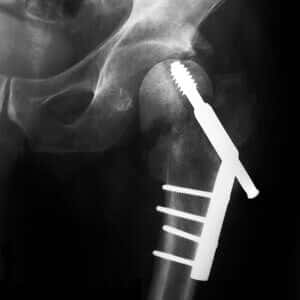
Q. I have just read that powerful acid-suppressing drugs are linked to hip fractures. My doctor wants me to stay on Prevacid even though I have expressed my concerns to him. When I told him what I had read about the dangers of proton pump inhibitors (PPIs), he said, “Don’t read so much.” I wish HE would read more!
A. The hazards of long-term use of PPIs such as esomeprazole (Nexium) , lansoprazole (Prevacid), omeprazole (Prilosec) , pantoprazole (Protonix) and rabeprazole (Aciphex) have gradually become clearer. Data from nearly 80,000 women in the Nurses’ Health Study show that women who took PPIs were 30 to 35 percent more likely to fracture a hip during eight years of follow-up (BMJ, online, Jan. 31, 2012).
This can be devastating, particularly for older people. As one reader reported, “My mother took a PPI and then had a hip fracture. She died 19 days later.”
There are other drawbacks to long-term PPI use, such as susceptibility to infectious diarrhea, pneumonia and vitamin B12 deficiency. We are sending you our Guide to Digestive Disorders, with a discussion of the pros and cons of PPIs and instructions on how to get off them, since stopping these drugs can cause rebound reflux.
No one should stop a PPI without consulting the prescriber. Some people require such drugs to protect themselves from esophageal damage. We have become convinced, however, that patients and physicians should have a detailed discussion of the benefits, the risks and the way to discontinue such drugs before a prescription is written.

